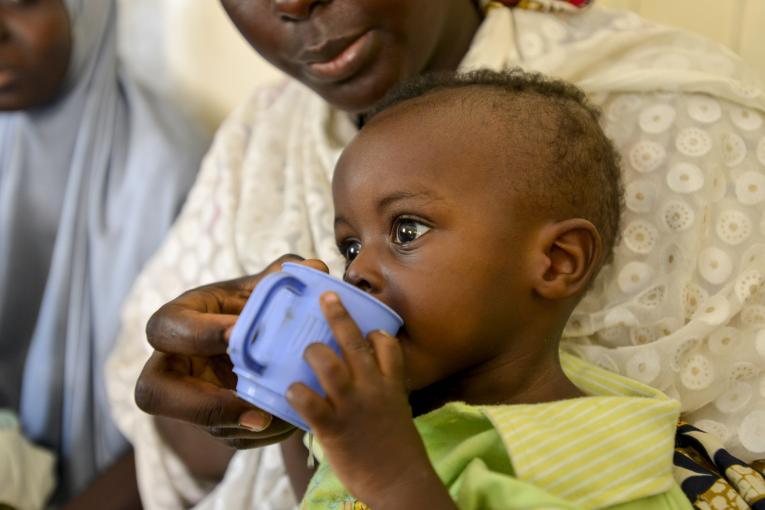
EU adopts new rules to significantly cut packaging waste with re-use targets
The European Union has formally adopted a regulation on packaging and packaging waste. The new ...

The World Bank has approved $19.5 million in financing from the International Development Association (IDA) to improve reproductive, maternal, neonatal, child, adolescent health and nutrition services for the whole population of Djibouti, including refugees and host communities, and help the Djiboutian government integrate refugees into the national health system.
Despite significant efforts by Djibouti to improve health service delivery, communicable diseases and maternal and child malnutrition are among the leading causes of death, with an estimated 58 out of 1,000 children never reaching their fifth birthday. The maternal mortality rate of 248 per 100,000 live births is almost five times the regional average.
The Djibouti Health System Strengthening Project aims to improve national health services in order to strengthen community resilience to health risks, including those related to the country’s hot climate and harsh environment.
The project builds on the achievements of previous health operations, focusing on optimizing health care services, particularly for the most vulnerable and in underserved areas.
“Increasing women and children’s access to better health services by focusing on a stronger health system is a key priority and an important element of our development strategy,” said Ahmed Robleh Abdilleh, Djibouti’s Minister of Health. “The new project aims to reach more vulnerable communities and those most in need. Building the capacity to deliver quality neonatal and child health care is critical for poverty reduction in Djibouti.”
The project’s activities involve the rehabilitation of health facilities—particularly those with comprehensive emergency obstetric and newborn care—and creating incentives for health service improvement at all levels. Activities also include engaging citizens and communities, strengthening the capacity of institutions critical to maternal and child health and nutrition, and encouraging positive behavior change. The project will directly benefit women of childbearing age, adolescents, newborns, and children under five years old.
“The Government of Djibouti is committed to addressing the increasing health needs of the whole population, including refugees”, said Boubacar-Sid Barry, World Bank Resident Representative in Djibouti.
“The capacity of health facilities in Djibouti is under strain from COVID-19 and climate-related shocks, which are increasing the country’s need for essential health care. The new operation will contribute by improving childcare, maternal, and newborn services, all of which are vital to better health.”
The new financing comprises $14.5 million in IDA credit and a $5 million grant from the IDA19 Window for Host Communities and Refugees (WHR). The WHR was created to support countries that host large refugee populations and help them address the long-term development needs of refugee and host communities. Refugees constitute over 2.3% of Djibouti’s population, making it one of the countries with the highest refugee population ratios in the world. Around 70% of Djibouti’s refugees are women and children.
The European Union has formally adopted a regulation on packaging and packaging waste. The new ...
Inaugurating the Abydos Solar Power Plant in the Upper Egypt governorate of Aswan represents a ...
Businesses that fail to adapt to climate risks like extreme heat could lose up to ...


اترك تعليقا